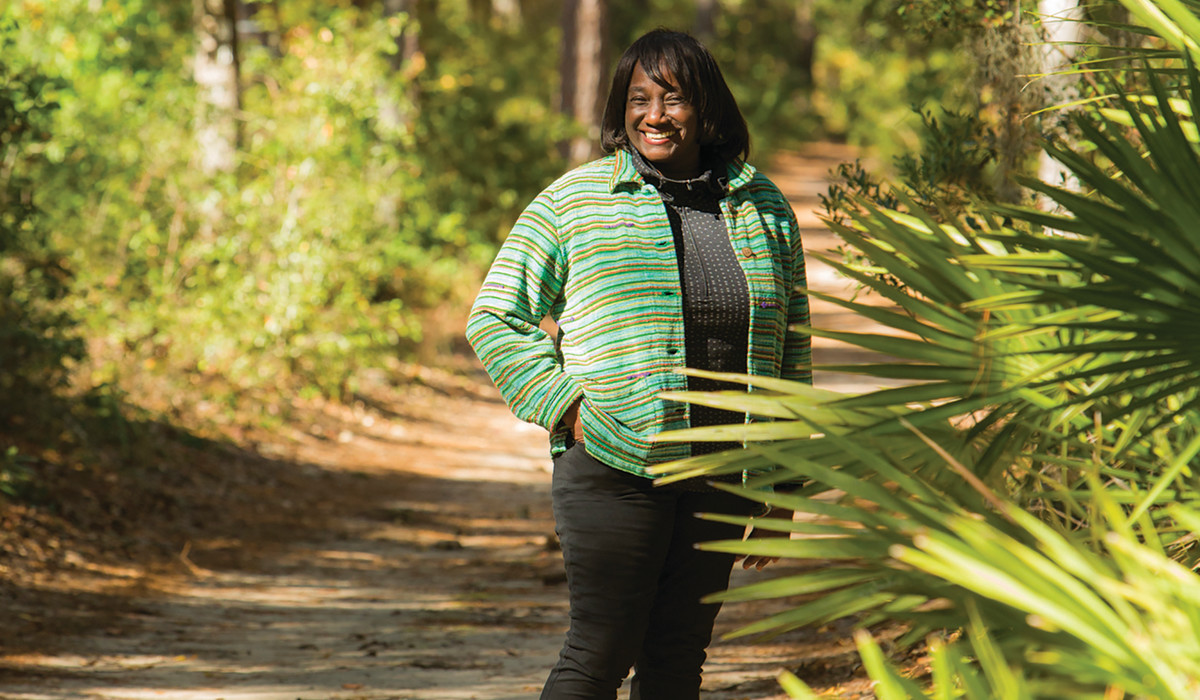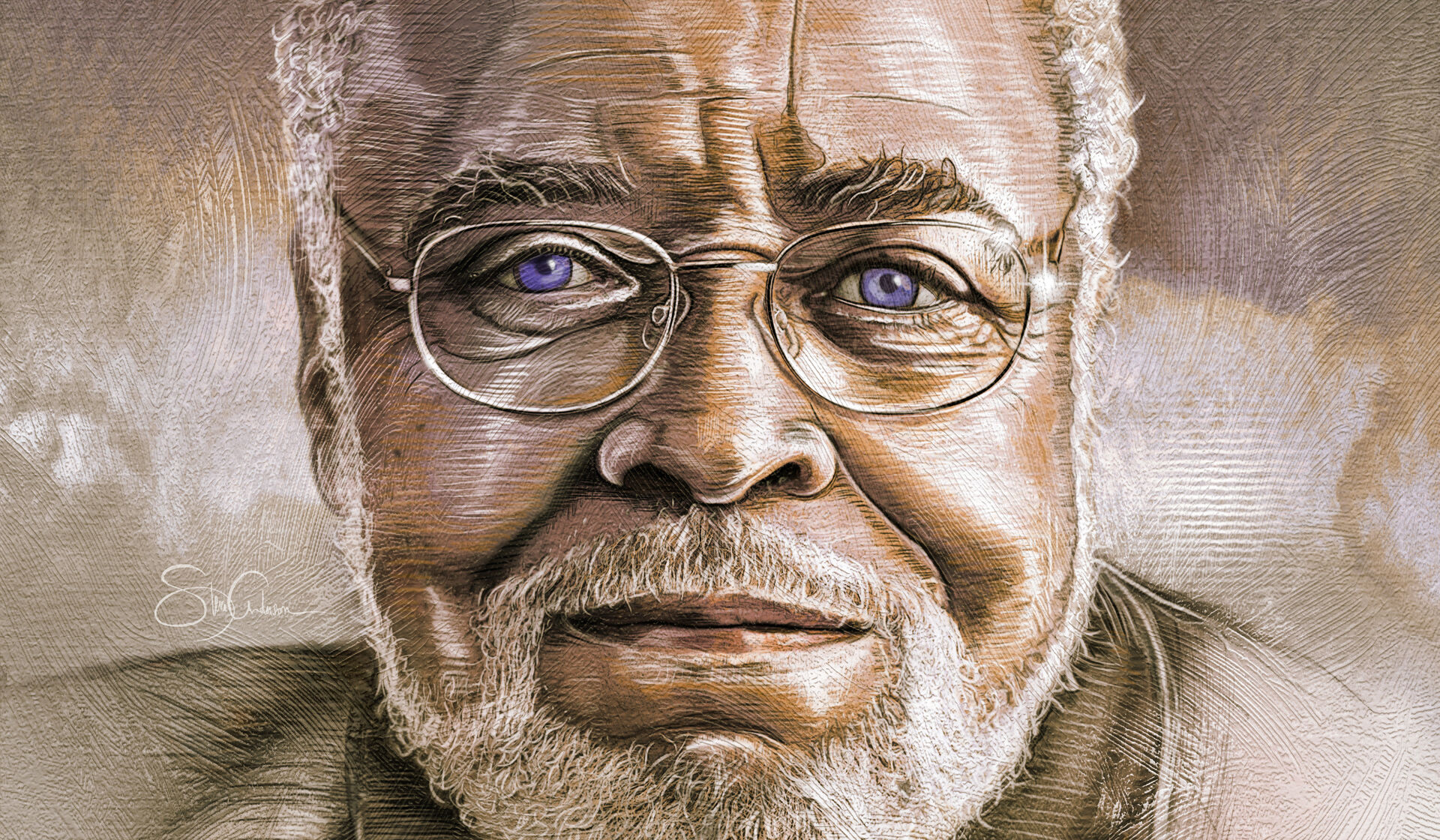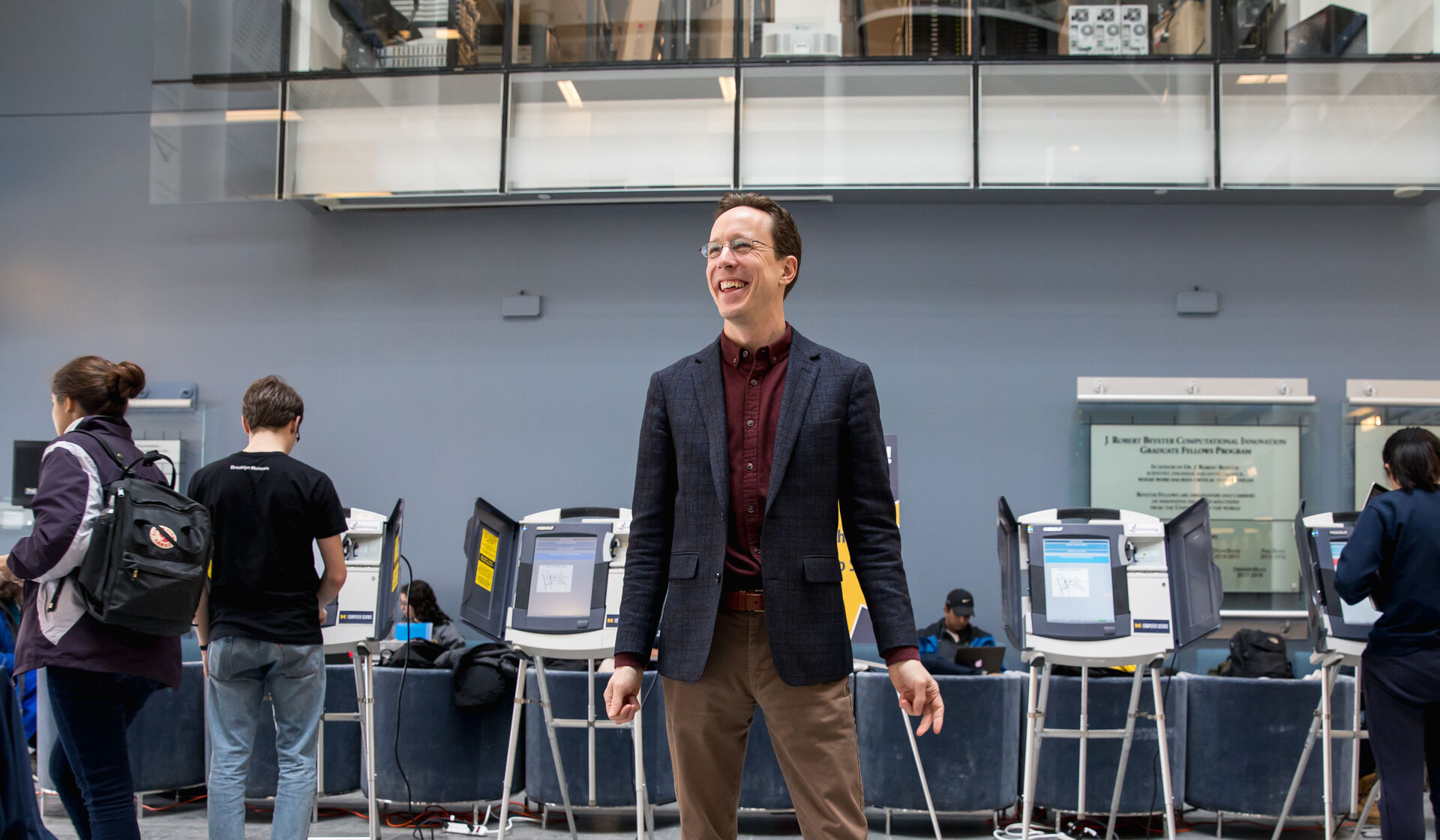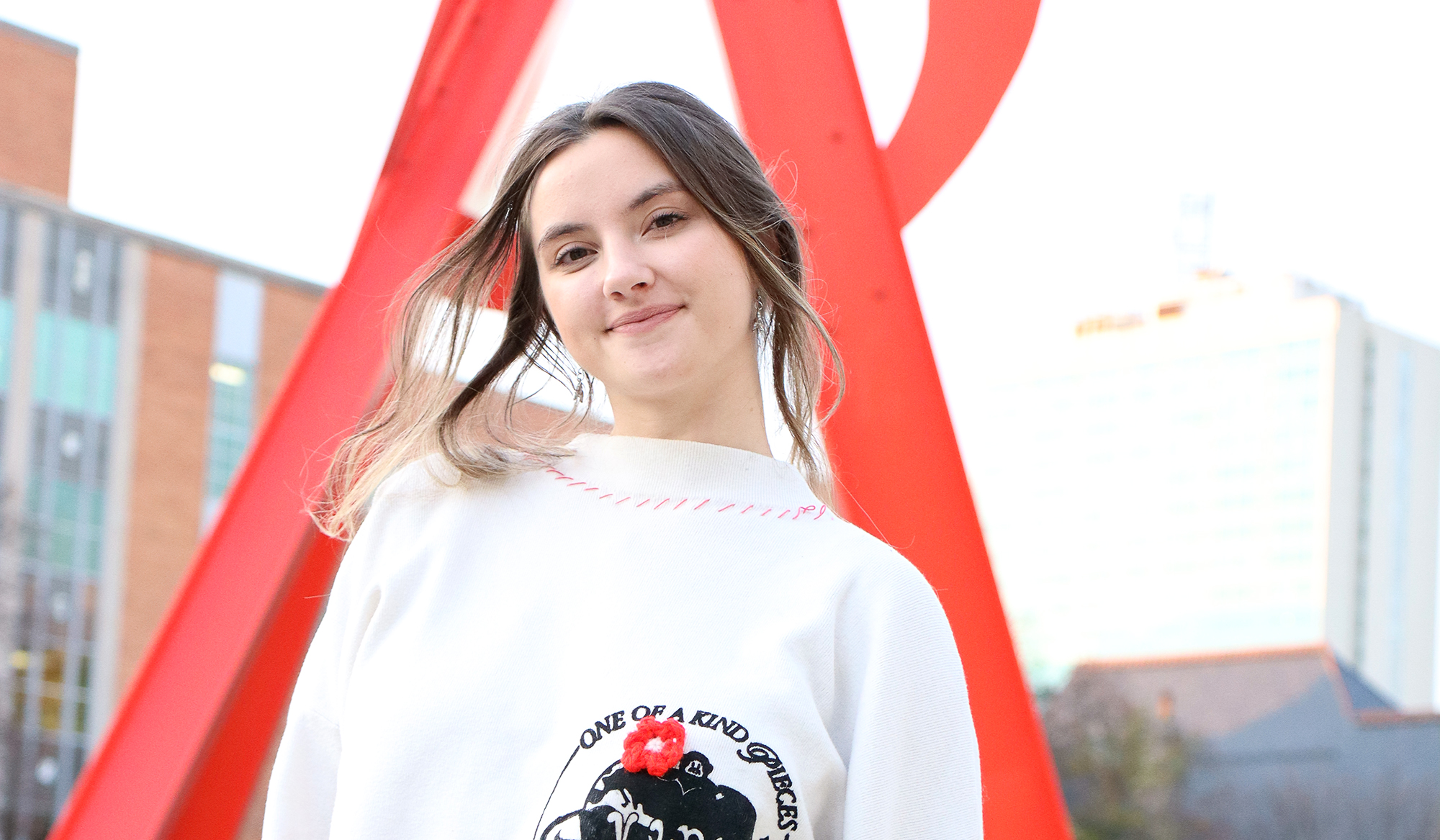In 2003, for my show “Sara’s Secrets” on Food Network, I visited Daufuskie Island off the coast of South Carolina with a native, Sallie Ann Robinson. Sallie is a member of the Gullah people, a distinct community of Black Americans descended from slaves who lived on the islands and plantations of the lower Atlantic coast. For nearly 100 years following the Civil War, these remote barrier islands were reachable only by boat, allowing the Gullah people to form a unique culture, including a dialect of spoken English.
On that trip, Sallie gave me a tour of her childhood haunts and a tutorial on catching crabs and cooking some of her favorite dishes. At the time, she was living in Savannah, Georgia, and her first cookbook was about to be published. Last year, she published her third cookbook, so I decided it was time to catch up.
MOULTON: Where does the word “Gullah” come from?
ROBINSON: The word “Gullah” (also known as “Geechee”) refers to an English Creole language dating back several hundred years to when African slaves, who grew rice in the marshy lowlands of the southeastern American colonies, didn’t want their owners to know what they were saying. The word eventually came to describe my people and our way of life.
MOULTON: What was it like growing up on Daufuskie?
ROBINSON: For my nine siblings and me, living on a small island surrounded by water and only reachable by boat or helicopter was adventurous and fun. It was our playground. Running water came from a hand pump in the yard of our tin-roofed home. Half the bathroom was outside; the other half a galvanized washtub in the kitchen during the winter and the yard during the summer. My family had no electricity until the early 1960s, and even then, it would go out with the slightest wind during a storm.
MOULTON: With no big grocery store on the island, where did you get most of your food?
ROBINSON: Most of our food came from the land and water. We tended a big garden all four seasons in Daufuskie’s mild weather. We raised chickens, turkeys, guinea hens, ducks, and a few geese in our yard, along with hogs and cattle. We fished, crabbed, shrimped, and picked oysters. We hunted wild game: raccoons, deer, squirrels, opossums, and turtles. Fruits and nuts grew wild in our backyard along with pears, grapes, walnuts, plums, persimmons, and mulberries. We didn’t own a boat, so we planned shopping trips for when we could catch a ride. We didn’t always have a lot, but we always had enough.
MOULTON: Your garden was essentially organic before that was even a word.
ROBINSON: Yes, before organic was cool. We rotated our garden areas. Our only fertilizers were manure from the chickens and cows and ashes from the woodstove and dishwater (we used Octagon lye soap). We picked bugs off plants, and if the bean beetles got bad, Momma sprinkled ashes from the woodstove on the plants to drive them away. We planted crops that needed a lot of water in low places and others that might rot, like melons, on higher ground.
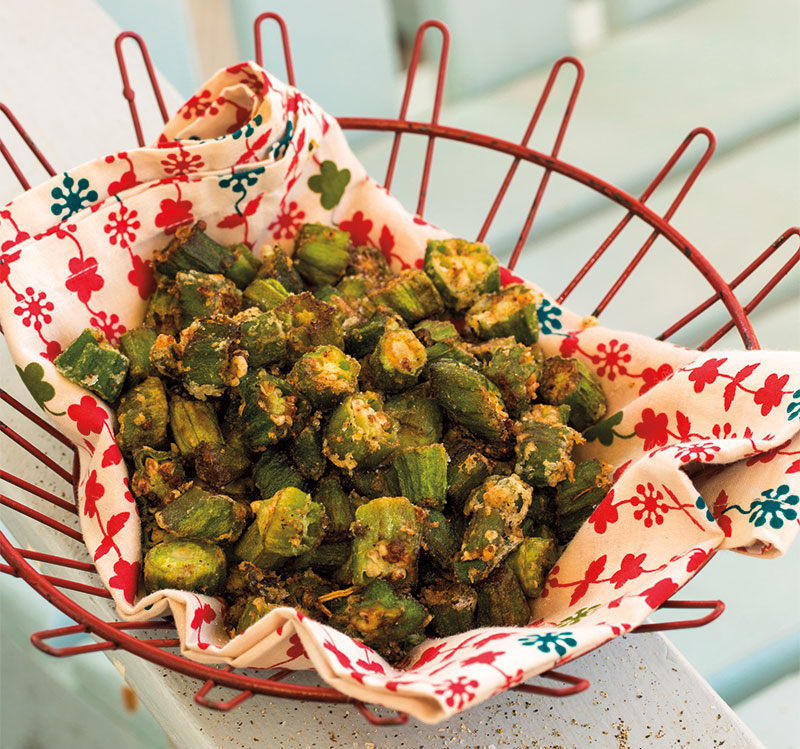
MOULTON: What cuisine did you eat growing up?
ROBINSON: Gullah cuisine to me was simple, comfort food. Most recipes started with onions and red and green bell peppers. We ate seafood — four or five times a week as it was plentiful — and meat the other nights. Grits were part of most breakfasts, and rice, homemade cornbread, or biscuits were a part of every dinner. Momma prepared what we called “long pots.” After breakfast, she put all the ingredients for our dinner into a pot and let it cook slowly until dinnertime. Dessert made special Sunday appearances.
MOULTON: What was one of your favorite seasonal items?
ROBINSON: Every spring, my sisters and I would watch impatiently as blackberry blossoms grew into green, then red, then purple berries. We tested them sometimes too much while they darkened and got sick. But if we didn’t pick the ripe berries quickly, the birds would beat us to them. We brought a stick to beat the bush because a snake was usually waiting and ate more berries than we brought home. But even with our bellies full and tongues stained, we couldn’t wait for Momma to make blackberry dumplings.
MOULTON: How did you learn to cook?
ROBINSON: I learned the beenyah (local Daufuskie) way. The moment we could look over the wood-burning stove, Momma made sure we paid attention to her every word and move because measurements were never written down and the temperature on the woodstove was not controlled by knobs. Our way of cooking was by texture, smell, and taste.
MOULTON: Why did you move back to Daufuskie?
ROBINSON: Moving back home was always my dream. I left for educational and work reasons, but my heart never left. I missed the peacefulness, the winding dirt roads, the good feelings, and memories. I also had several spiritual calls to return home. After some thought, I felt I needed to come back. I am now a trustee of the church and a board member of the Daufuskie Island Historical Foundation. I also cater and teach cooking classes booked through my website The Gullah Diva.
MOULTON: How has the island changed?
ROBINSON: There is now a gated community and golf carts everywhere, some driven by kids! There are only about 18 to 20 locals still on the island; several others own property but can’t afford to live here as there is no work. I started the Daufuskie Island Gullah Heritage Society to give tours and raise money to restore the old Gullah homes and keep the old graveyards from being overrun with brush.
I hope families can come here and enjoy the things that so many places no longer have: peacefulness without traffic and sirens day and night. I pray it will not be destroyed by greed and selfishness.
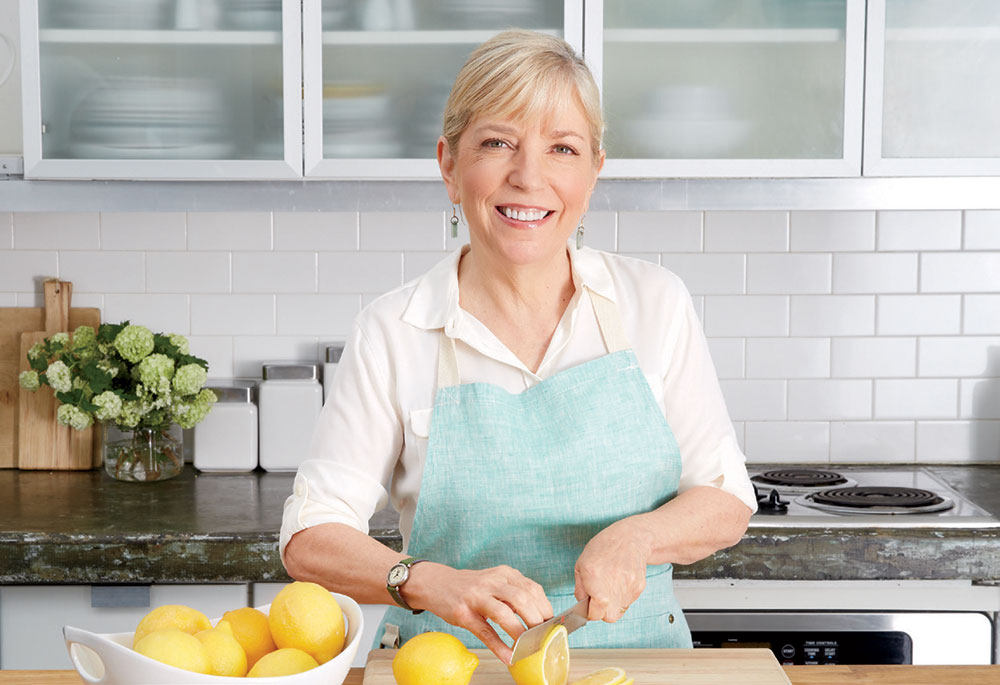
Cookbook author Sara Moulton (saramoulton.com) is currently the host of the public television show “Sara’s Weeknight Meals.”

